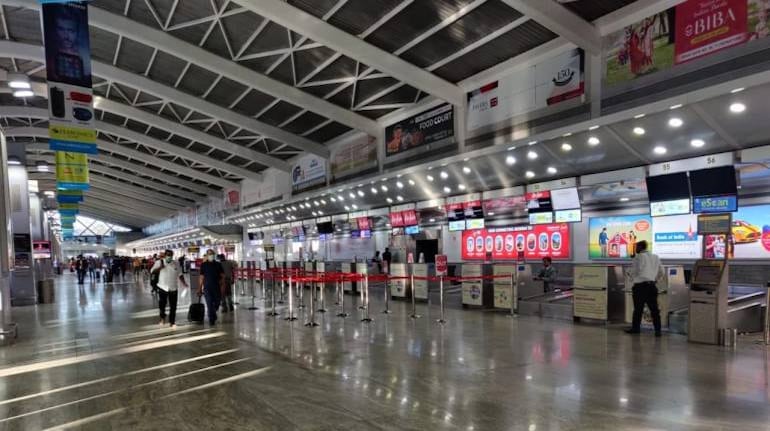



Air passenger traffic in India fell by 33 percent in March from the previous month, reflecting the slump in the aviation sector following the nationwide lockdown.
Data released by regulator Directorate General of Civil Aviation (DGCA) shows that a little over 77 lakh people flew in March compared to about 1.15 crore in February.
In February, the traffic had grown by 8.98 percent.
The government suspended flight services in late March and the restriction was extended along with the second lockdown gets over on May 3.
For the first three months of the year, the drop was 7.16 percent from a year earlier. "Passengers carried by domestic airlines during Jan-Mar 2020 were 329.12 lakhs, as against 354.52 lakhs during the corresponding period of previous year," the DGCA said in its report.
The drop reflected in the passenger load factor of the airlines. "The passenger load factor in the month of March 2020 has shown sharp decline due to suspension of air operations because of COVID-19 outbreak," the regulator said.
SpiceJet had the highest load factor at 83.7 percent from 93 percent, whereas IndiGo - the largest airline in the country - saw a steep fall from 88.3 percent in February, to 73.4 percent.
At the same time, IndiGo stretched its lead over the rest in the industry.
Its market share in March was up, at 48.9 percent in March, from 48 percent a month earlier. SpiceJet regained some of the lost ground, with a market share of 16 percent in March. In February, its market share had fallen to 15.3 percent, from 16.6 percent in January.
Vistara and Air India saw their part of the pie reducing.
Discover the latest Business News, Sensex, and Nifty updates. Obtain Personal Finance insights, tax queries, and expert opinions on Moneycontrol or download the Moneycontrol App to stay updated!
Find the best of Al News in one place, specially curated for you every weekend.
Stay on top of the latest tech trends and biggest startup news.